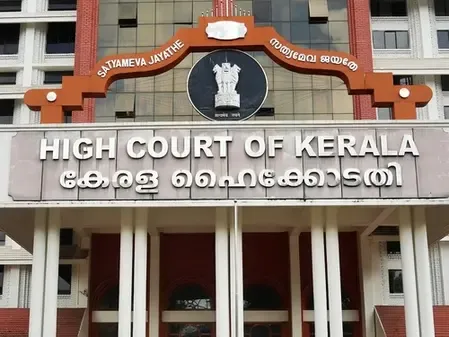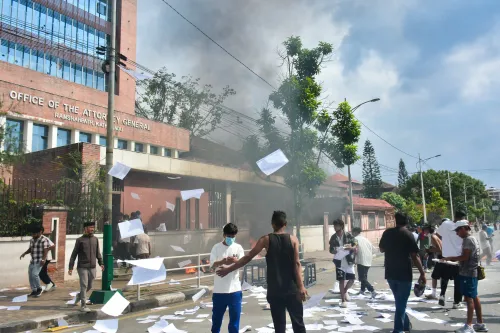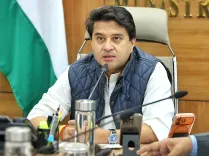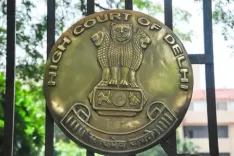Has Kerala Really Deferred Black Magic Legislation?

Synopsis
Key Takeaways
- The Kerala government is committed to addressing harmful practices disguised as magic.
- Despite deferral, the topic remains under active review.
- Current legal frameworks have been utilized to prosecute relevant offenses.
- The Kerala High Court has requested further clarifications from the state.
- Future actions will be closely monitored with a decision expected soon.
Kochi, July 15 (NationPress) The CPI-M government informed the Kerala High Court on Tuesday that it remains dedicated to regulating harmful practices disguised as supernatural and magical acts, even after postponing discussions on a proposed law addressing this issue.
This statement was made before the division bench led by Chief Justice Nitin Jamdar and Justice Basant Balaji, who were reviewing a public interest litigation (PIL) filed by a well-known rationalist organization advocating for the implementation of 'The Kerala Prevention of Eradication of Inhuman Evil Practices, Sorcery, and Black Magic Bill, 2019'.
Previously, the court expressed its dissatisfaction with the state Cabinet's decision to halt the progress of the Bill.
However, in a counter affidavit submitted on Tuesday, the state clarified that although the proposed legislation has been deferred, it does not intend to abandon the topic, as it is still under active evaluation.
The state also noted that the Cabinet's decision to withdraw from the agenda stemmed from intricate legal and constitutional challenges.
Moreover, it stated that the current legal framework is sufficiently equipped to tackle such issues even in the absence of a specific statute.
Allegations of criminal acts conducted under the guise of magical or supernatural practices have been prosecuted under existing laws, according to the state.
Nevertheless, the court has requested further clarification on two key points: a concise overview of the legal and constitutional challenges that prompted the withdrawal of the proposed legislation, along with details of prosecutions in the past five years involving cases related to magical or supernatural practices under general laws.
The court emphasized that if these offenses have indeed been effectively managed under the current legal framework, the state must provide documented evidence of such cases.
In its affidavit, the state government reaffirmed that the development of special legislation is still under active review.
The court has directed that the next affidavit from the state should specify when this 'active consideration' is expected to conclude and outline the timeline for a definitive decision on the issue, scheduling the case for August 5.










